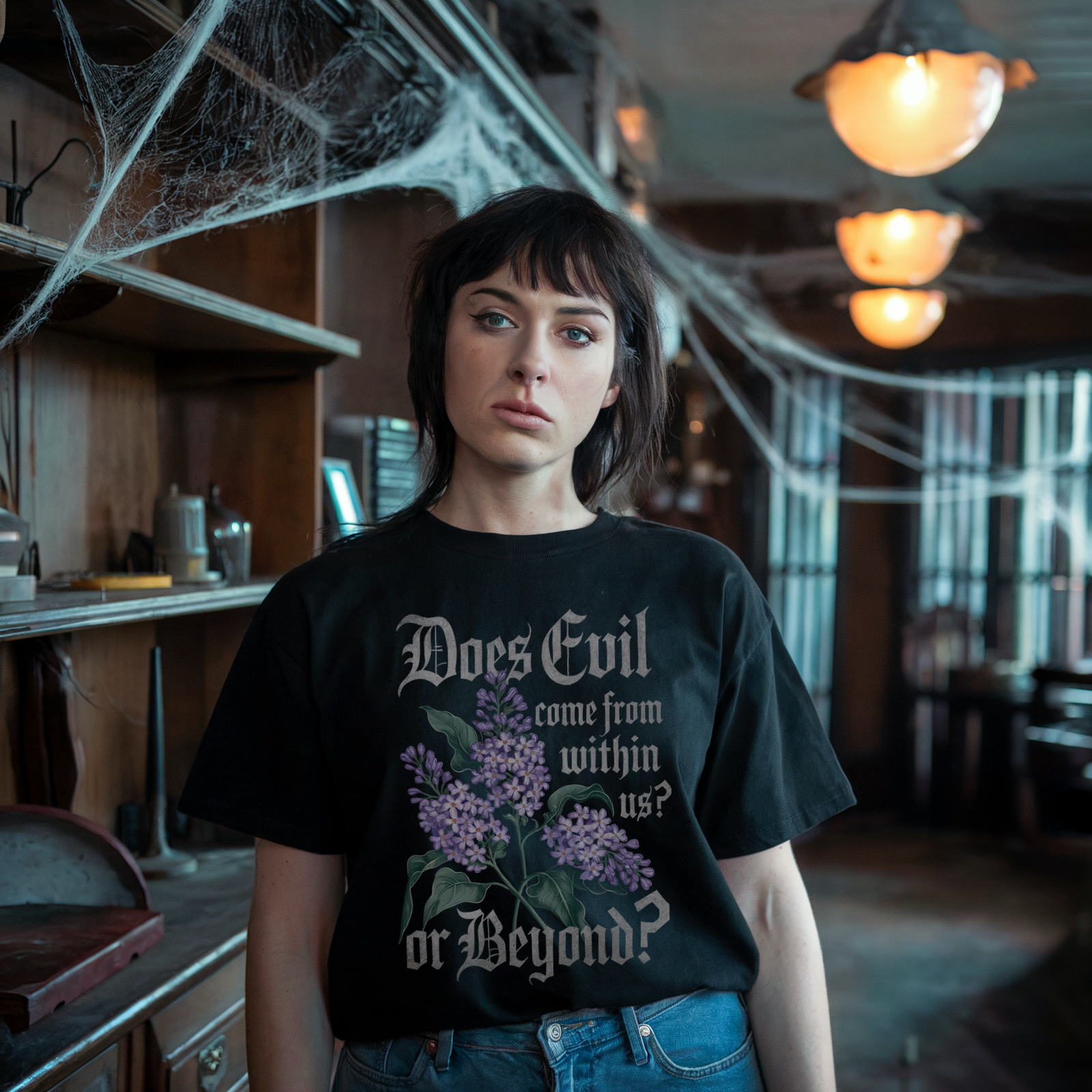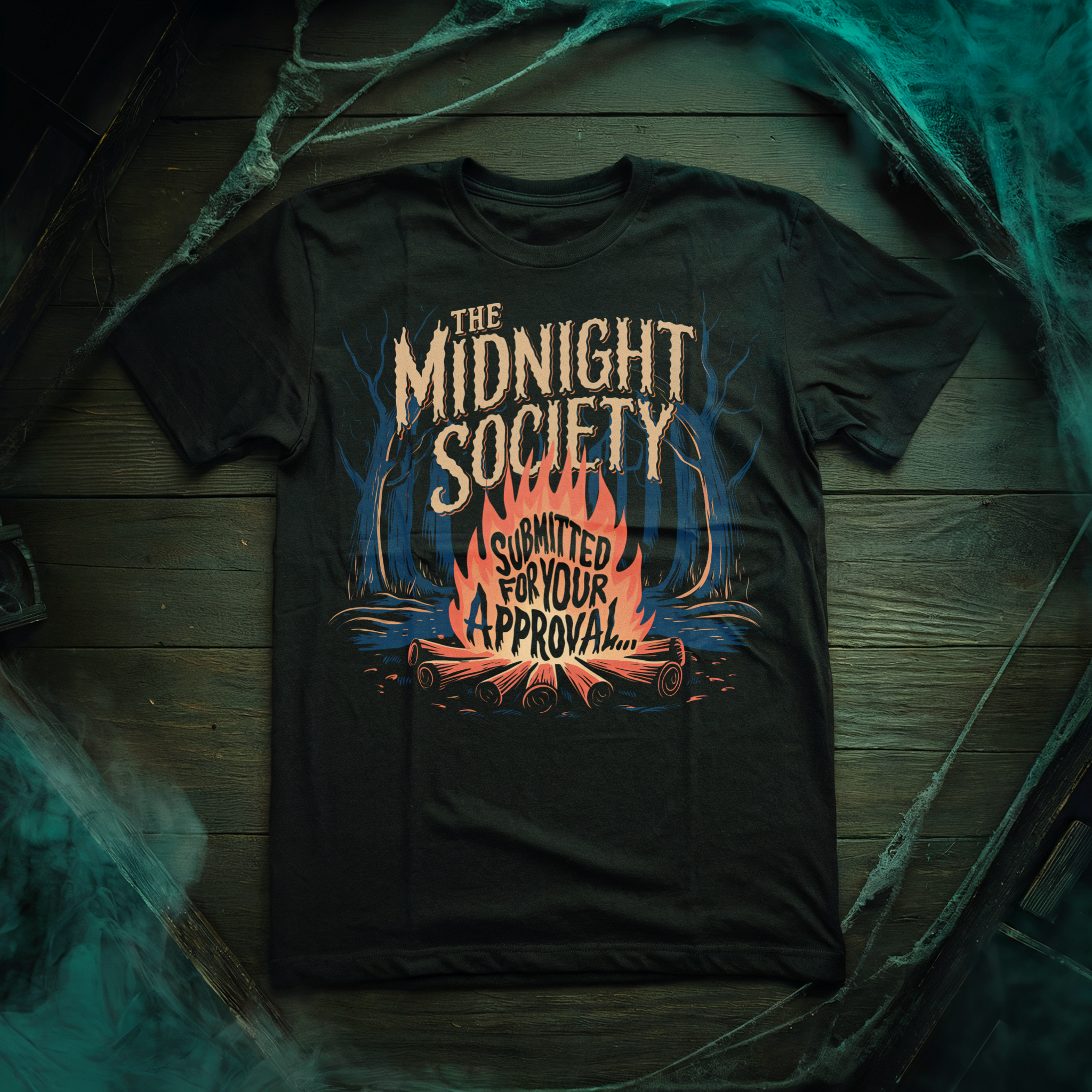For the past few years, the #MeToo movement has been going strong as survivors of sexual assault come forward with the stories of their trauma. It has generated a larger conversation about the warped power dynamics present in various industries, as well as illuminated the societal issue of letting men off the hook with little care given to survivors. Slowly, at what sometimes feels like a glacial pace, things are changing. One place to look for such changes is horror film and how women are now reclaiming violent narratives for their own. Films such as Revenge and Black Christmas have done it, and now at this year’s Final Girls Film Festival in Berlin, there’s an entire shorts category dedicated to the topic.
The Final Girls Berlin Film Festival is all about elevating the voices of women and nonbinary filmmakers, writers, and producers, so this shorts segment is the perfect addition to such a festival. Each of the films includes a nuanced, complex, and creative glimpse into the fear of sexual assault, a fear that follows women everywhere they go. They each also illustrate how there is horror to be found in even the most seemingly innocuous interactions. Below are the six films that were included in the #MeToo program.
Woman In Stall, directed by Madeleine Sims-Fewer & Dusty Mancinell
When a young woman goes into a bathroom stall to change, she is interrupted by a man who insists she has gone into the men’s bathroom by mistake. What begins as an innocent conversation quickly escalates, as she feels increasingly threatened by the unseen man, until she is forced to take drastic measures to escape.
Lili, Directed by Yfke van Berckelaer
Lili knows she has to nail this audition. The Man she auditions for knows this too. Thus starts an uncomfortable cat and mouse game in this single-take horror about the misuse and reclamation of power.
The Rat, Directed by Carlen May-Mann
It’s Halloween night, and 18-year-old Renee is madly in love with her boyfriend Jim. They’ve made plans to go to a frat party, but after he picks her up he takes a detour, driving off the beaten path to a haunted house. Here, Renee is forced to confront a terrifying situation and come face to face with the thing that, deep down, she’s most afraid of.
The Follower, Directed by Stephanie Szerlip
![The Follower fgbff final girls berlin film festival 2020 [FGBFF 2020 Review] #MeToo Shorts Program Tackles The Many Faces of Sexual Assault 11 The Follower fgbff final girls berlin film festival 2020](https://nofspodcast.com/wp-content/uploads/2020/02/The_Follower-fgbff_final_girls_berlin_film_festival_2020.jpg)
A small-town teenage girl, fueled by the hope of leaving her boring surroundings, entertains the increasingly sinister advances of an Internet friend in this beguiling riff on Joyce Carol Oates’ “Where Are You Going, Where Have You Been?”
Gaslight, Directed by Louisa Weichmann
![GASLIGHT 6 [FGBFF 2020 Review] #MeToo Shorts Program Tackles The Many Faces of Sexual Assault 12 GASLIGHT 6](https://nofspodcast.com/wp-content/uploads/2020/02/GASLIGHT_6.jpg)
One night, a bar waitress encounters a mysterious and predatory stranger while waiting at a bus terminal.
Rape Card, Directed by Madeleine Sims-Fewer & Nathan Hughes-Berry
Set in a world where sexual assault is regulated with the use of a card system, Frances, a young woman who has so far avoided being attacked, decides to take control of her own fate. In the wake of the #metoo movement, this highly controversial satirical film offers a scathing indictment of an apathetic legal system and broken policies around violence against women.
All of these films take the very real fear of assault and create a unique perspective on the issue. Some, like The Rat and Woman In Stall, stay in the realm of reality and use the violent capabilities of men as the central site of horror, while others, such as Gaslight and Lili, choose to create a more traditional horror monster. Regardless, in these shorts, male characters are the monsters who intimidate women in the name of their own desires.
Three of the short films look to the aesthetics of the past: The Rat, The Follower, and Gaslight. The directors place their films in an anachronistic setting, making these films feel like they are from the past while also containing elements of the present. Costuming, such as letter jackets and puffy blouses, connotes a time with perhaps more modest clothing but then a character will whip out a cell phone. In crossing past and present, these films convey a message of rape’s omnipresence throughout history. While the issue is getting increased attention now, that doesn’t mean it hasn’t been happening for centuries.
While each short in this category is skilled at handling the issue of sexual assault, the two most powerful were The Rat and Rape Card. The Rat is the only short in the program that addresses sexual violence in relationships and how those we love are capable of hurting us the most. In just a few minutes, we see a young girl in love absolutely crumble as she recognizes what her boyfriend is truly like. The most powerful shots bookend the film as Renee is shown running down an empty road with a face full of anger, fear, and sadness. This is not about the act of violence, but about the psychological effect that it has on a person. It is about the destruction of innocence at the hands of a loved one and how sexual assault is not always so black and white.
“These six shorts prove the importance of women’s voices in creating art about the systemic issue of sexual assault.”
Rape Card also addresses the grey areas of assault through satirically creating a world where the circumstances are extremely black and white. It is a world where assault is allowed one time and men are given a literal rape card. It is a difficult short to watch as the subject of rape is handled so transactionally but it serves an important purpose: to show how we are not far from this version of the future. We continue to let boys treat girls like objects and refuse to hold men accountable for their actions. Rape has become so ingrained in our consciousness that it has almost become a topic of regular conversation. This short is a response to such an attitude towards sexual violence and the terrifying future we are poised to enter.
These six shorts prove the importance of women’s voices in creating art about the systemic issue of sexual assault. It is not just a plot device that can be used to shock audiences. It is something that deserves to be shown with sensitivity, care, and even creativity. These shorts are not about the brutalization of the female body as rape-centric films often are. Instead, they shift the narrative towards attempts at reclaiming power and spitting in the face of rapists everywhere.
The #MeToo Short Film Program was presented at the 2020 Final Girls Berlin Film Festival among many other incredible horror shorts. Find our full coverage of FGBFF 2020 HERE, and let us know which short you’re most excited to see over on Twitter, Reddit, or in the Horror Movie Fiend Club on Facebook!








